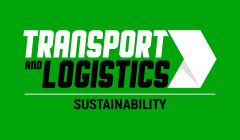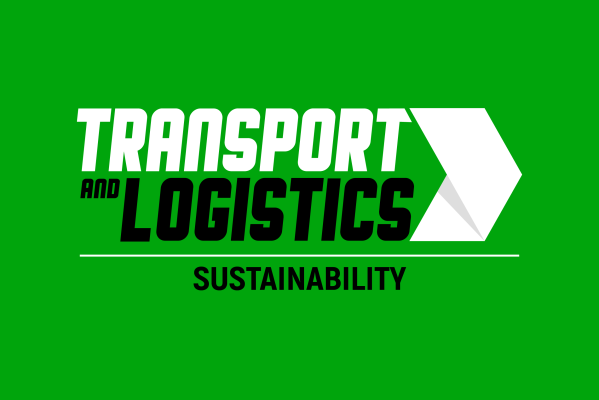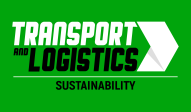The Volkswagen emissions data crisis presents a real chance to bring about positive changes to the automotive industry, with significant, long-term opportunities for automotive suppliers resulting from a heightened demand from carmakers to achieve strict emissions targets, according to Jon Gibson, Head of Logistics at global supply chain consultancy Crimson & Co.
The fallout from the diesel emissions scandal has the potential to be one of the biggest in automotive history. Already we have seen VW CEO Martin Winterkorn bow to pressure and resign, with him unlikely to be the only casualty. Not only will this significantly damage VW’s reputation for reliability and quality of service but it’s been suggested that the fines received could total as much as £18bn – £1bn more than its entire profit in 2014.
The crisis is also expected to spark wider investigations across the automotive industry with recent reports stating that the UK government will launch its own enquiry into emissions testing. Unsurprisingly, a lot of suppliers to big automotive firms have been left shaken by the scandal, particularly concerned about a sharp fall in demand for diesel engine cars as well as fearing significant revenue losses, brought about by fines and sanctions across the industry.
Gibson states that while these anxieties are understandable, it’s important to realise that the irregularities lie in the practices carried out by VW and not the actual technology provided by the suppliers. Instead, Gibson sees this an opportunity to drive innovation, as carmakers will be forced to abide by any new regulations regardless of cost:
“In light of the crisis, the impact of reputational damage to suppliers is likely to be fairly minimal. VW has built its reputation on reliability so, unfortunately, they will be the ones to bear the brunt of the crisis. For suppliers, any shortfalls endured by losses in VW sales are likely to be made up through other relationships they have in place. Today it is very rare for a supplier to have one exclusive relationship with a carmaker so losses are likely to be offset by alternative income, limiting the damage to suppliers’ bottom-line.
“Instead, what we expect to feature more prominently is long term opportunities for suppliers, notably for those focused on supporting drivetrain systems. We’re likely to see heightened demand from carmakers to ensure they are reaching claimed emissions targets. Failures to do so will likely lead to heavy sanctions and fines. This therefore puts emphasis on suppliers to produce innovative solutions, which ensures this can be achieved.
“Traditionally, this might have been thwarted by carmakers favouring more cost effective solutions, which are not as conclusive in their findings – given the fallout from the scandal this is simply no longer an option. Regulations are going to be set and carmakers will need to abide by these as the costs associated within this are unlikely to be absorbed by the consumer in the short term. In doing so, this now puts power into the hands of the suppliers to provide the necessary solutions.”
Gibson concludes: “Ultimately, while the seriousness of this crisis cannot be denied, what is important to communicate is that there are positives to emerge from this. Greater regulation across the industry will ensure that quality control standards are being adhered to with active steps being taken to achieve emissions targets.
“Automotive manufacturers can no longer afford to treat this as a tick-box exercise in which corners can be cut. Stringent measures will be introduced across the industry and failure to address them will no longer be tolerated. They must be prepared to work with suppliers to find the necessary solutions and do so at whatever cost necessary.”














